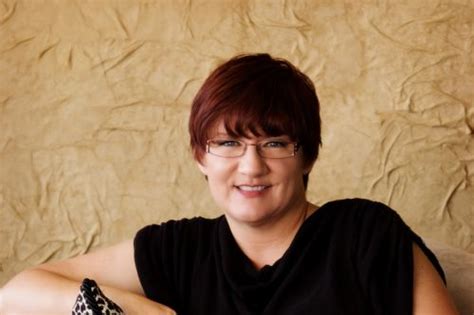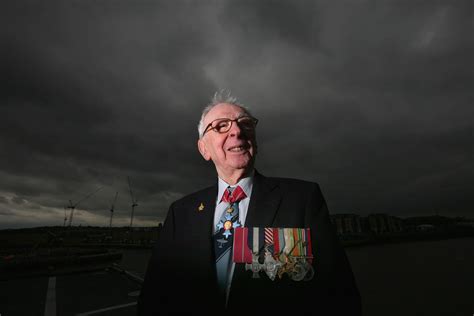A Quote by Darynda Jones
Try writing an entire story with only a thousand words at your disposal. It’s a terrific lesson in economy and precession.
Related Quotes
Go another step. Try to live one entire day without words at all. Do it not as a law, but as an experiment. Note your feelings of helplessness and excessive dependence upon words to communicate. Try to find new ways to relate to tohers that are not dependent upon words. Enjoy, savor the day. Learn from it.
I wanted to be a director first to protect my writing. I'm a playwright and you don't need to protect your writing when you're in the theater because everyone's there to protect the writing. When I had an idea for a film that I really cared about as my own, I wanted to direct it, and then I immediately became interested in directing in and of itself because it's such a deep art. You suddenly have all these tools at your disposal to tell the story.
The entire economy relies on the suspension of disbelief. So does a fairy story or an animated cartoon. This means that no matter how soberly the financial experts dress, no matter how dry their language, the economy they worship can only ever be as plausible as an episode of 'SpongeBob SquarePants.'
It's a hard thing to examine and difficult to speak for other writers, but when I look at my own writing there is often too much reticence. And that's a flaw I have as a person as well. I'm too reticent. I'm non-confrontational to a fault. And I'm risk-averse, which probably shows in my sentences. The aversion to long lines, the tendency to strip things back and be spare. My writing is an act of erasure that's tied up with my personality. I can easily produce a ninety thousand word chunk of writing and then cut back and back until I've only got ten thousand words. Or nothing.
I taught everyone a very bad lesson at my publisher because they actually gave me deadlines this time and I'm now meeting them. I used to say, "Here's my book; it's six years late." I'm so much faster now, and work differently. With all the years of writing, I think I still draft as obsessively, but I think back to writing. On your first story, you start at draft one. On your second story, you start at draft ten. On your third story, you start at draft one hundred. If you need a hundred and eight drafts, you may write eight instead of a hundred and eight.
When I was in my late twenties, a friend suggested that, since I was an avid SF reader and had been since I was barely a teenager, that since it didn't look like the poetry was going where I wanted, I might try writing a science fiction story. I did, and the first story I ever wrote was 'The Great American Economy.'
I learned to separate the story from the writing, probably the most important thing that any storyteller has to learn-that there are a thousand right ways to tell a story, and ten million wrong ones, and you're a lot more likely to find one of the latter than the former your first time through the tale.


































